A registration certificate will include the registered name and registration numbers of the puppy and its parents, the names of the breeder and owner, the puppy’s sex and date of birth and the name and logo of the registry. Generally there is a section to fill out to transfer ownership from the current owner to the new owner.
Some puppies may not be registered individually until sold. In that case, there should be an individual registration application that belongs to each puppy. The breeder puts the new owner's name on it and sends it to the registry, which then sends the buyer the individual registration certificate for that puppy.
In Canada, someone who sells a purebred dog cannot charge extra for registering the dog, except the actual cost charged by the CKC for registration or transfer of ownership. If the dog is advertised as purebred, registration must be included. Even if the dog is given away, legally the new owner is entitled to the dog’s certificate, and ownership must be transferred. Remember, the registration certificate belongs to the dog. If you live outside of Canada, check with your national kennel club for the laws governing the sale of dogs advertised as purebred.
An exception is if some special lending or fostering arrangement is made with a breeder. For example, the breeder may want to retain showing and/or breeding rights on a promising puppy while letting you have the dog as a family pet the rest of the time. In that case, the breeder may retain legal ownership, and you will not have the right to neuter or breed the dog. A neutered dog cannot be shown or bred, so this is a very serious issue for breeders!
You may think the certificate isn’t important. But if later on you get interested in obedience or field tests, or your child wants to enter dog shows as a Junior Handler, you’ll need it, since only registered dogs can compete in some organized dog sports.


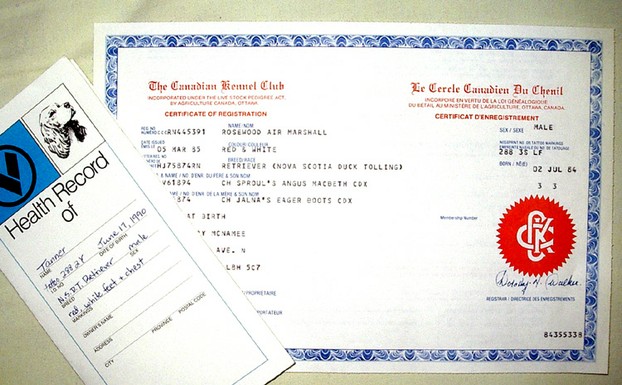
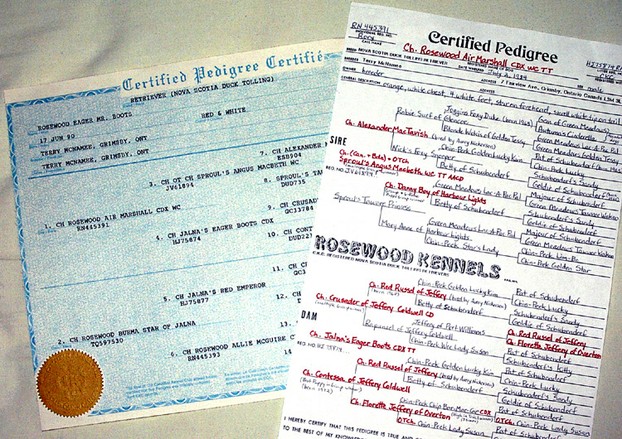
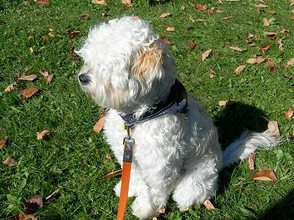
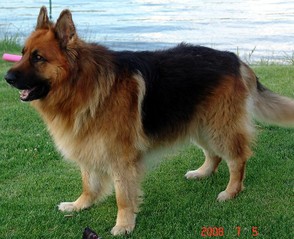


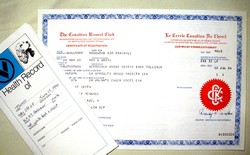

 Versatile Nova Scotia Duck Tolling Retrieverson 08/02/2014
Versatile Nova Scotia Duck Tolling Retrieverson 08/02/2014
 Should You Spay or Neuter Your Puppy?on 08/12/2014
Should You Spay or Neuter Your Puppy?on 08/12/2014
 Horse Racing History: the Preakness Stakeson 05/15/2014
Horse Racing History: the Preakness Stakeson 05/15/2014
 Dinosaurs Will Be On Display in Trenton, Ontario, Canadaon 07/29/2013
Dinosaurs Will Be On Display in Trenton, Ontario, Canadaon 07/29/2013

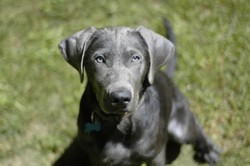
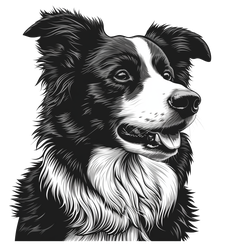
Comments